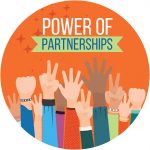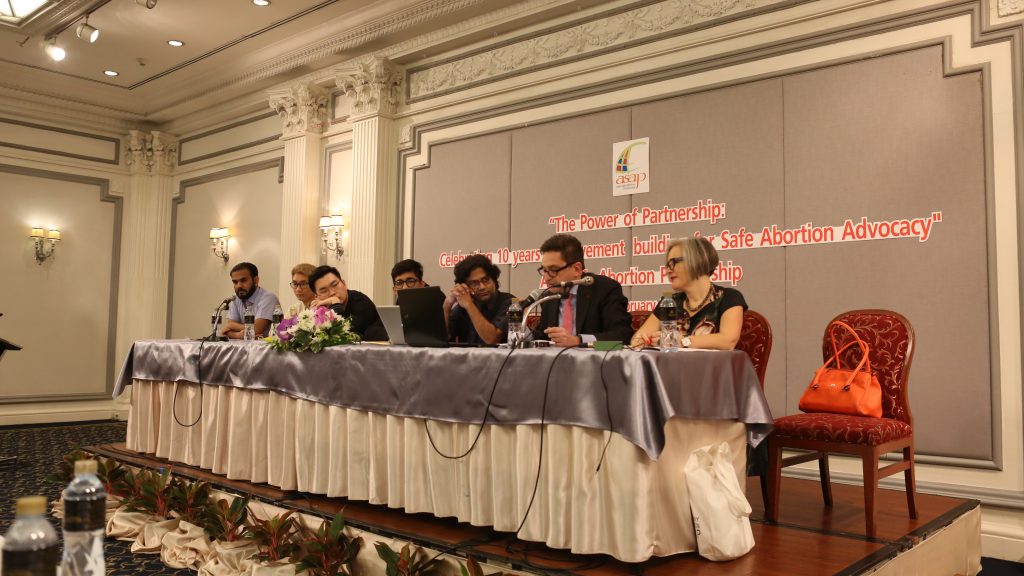What Does Feminism Mean to you as a Man?
By Suyash Khubchandani, Youth Champion, India
Reflecting on his experience as a member of the panel that discussed the nature and role of ‘male feminism’ at our 10th Anniversary Conference, our Youth Champions spells out what feminism and progress mean to him.
This blog is part of a series that catalogues the learnings and the reflections from the recently conducted 10th Anniversary Conference titled the ‘Power of Partnerships’.

“What does “Feminism” mean to you as a man?”
That was the question thrown across to the 6 of us on stage. Each of us taking a deep breath, before speaking out what our heart has been driving us to do, all the time we’d been working in the field of SRHR.
You see, to speak about working in a field where you’re an ally to those fighting your own kind, it’s a lot harder to accept if you just sit there to hear people speak. At the end of the day- we, as men, have been part of the privileged community that’s been blessed, often at the cost of women’s rights.
To me, it was indeed a moving experience- to hear from so many accomplished men who continue identifying, standing up and speaking out for what’s right.
While appreciating the importance of male involvement ensuring women’s health and rights and for men to be potentially equal partners in dismantling the patriarchy, many feminists think that a male feminist is a contradiction and “for feminism to be successful as a philosophy and as a policy platform, it needs to stay undiluted by male appropriation. The mere espousal of or belief in the ideology of feminism doesn’t automatically make one a feminist. For now, men are at best allies of feminism, not feminists per se.”

Another school of thought says: “Their support of the women’s movement does not erase the fact that they, on an individual level, are capable of harassing, assaulting, or silencing women—nor that, on a structural level, they continue to benefit from a system that establishes male dominance at the expense of women. And even though male allies may genuinely feel guilty, they will continue to benefit from male privilege. The patriarchy does not offer special exceptions for men with good intentions. Male allies often undermine the very movement they claim to support because they fail to acknowledge the role that they themselves play in perpetuating female subordination. This is not to say that men can never be feminists—rather, that feminism should not cater to men.”
It was interesting how almost everyone denied that there is such a thing as a “male” feminist but yet agreed that you don’t always need to go through something to fight against it. Hearing so many stories about the experiences and challenges every single panelist had faced back home, it sort of prepares you for what is to come.
Being the youngest one, both in age and experience, I was thrilled to have gotten the platform to speak. What was also really eye-opening was the set of questions put forth to us.
It was really like this review of the panel that had just gotten through and it was intriguing to see what women actually think of men working in the field of SRHR and safe abortion.






